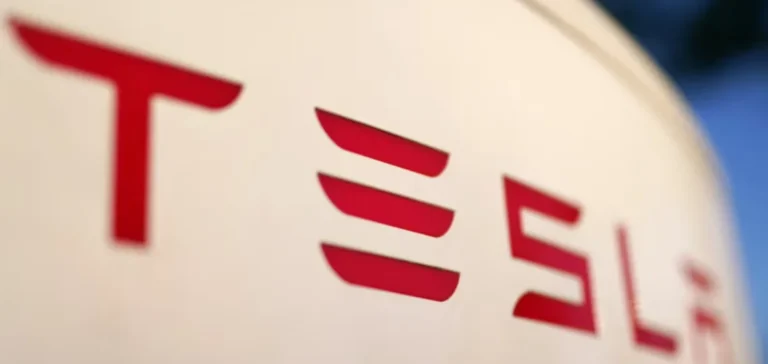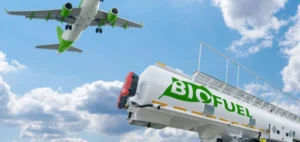The United States National Highway Traffic Safety Administration (NHTSA) has launched a preliminary investigation into the Full Self-Driving (FSD) option installed in several Tesla models. This action follows the reporting of 58 incidents where the FSD system was active during manoeuvres that constituted traffic violations.
According to documentation published by the NHTSA, these incidents include running red lights, driving in the wrong direction, and other behaviours prohibited by traffic regulations. The investigation aims to assess the extent and frequency of such malfunctions, as well as their potential impact on user safety.
More than 2.8 million vehicles affected
The assessment covers Tesla’s main passenger vehicle models sold between 2016 and 2026. It includes the Model S, Model X, Model 3, Model Y, and the Cybertruck. In total, 2,882,566 vehicles could be affected by the autonomous driving features in question, according to the agency’s data.
The documents specify that fourteen of the reported incidents resulted in crashes or fires, causing twenty-three injuries. No fatalities have been recorded to date. The agency did not specify the exact dates of the events under review but confirmed that all occurred with the FSD system engaged.
Prior cases and ongoing investigations
The NHTSA had already opened an initial probe into the FSD system in October 2024 following a fatal accident involving a pedestrian. Other investigations are also underway regarding various technical issues in Tesla vehicles, including door locking failures, falling body parts, and incidents involving the Robotaxi, an autonomous vehicle service launched in Austin.
The manufacturer has not issued a public response to this new procedure. The current investigation adds to a series of regulatory efforts assessing the reliability of automated driving systems and their compliance with US road safety standards.






















